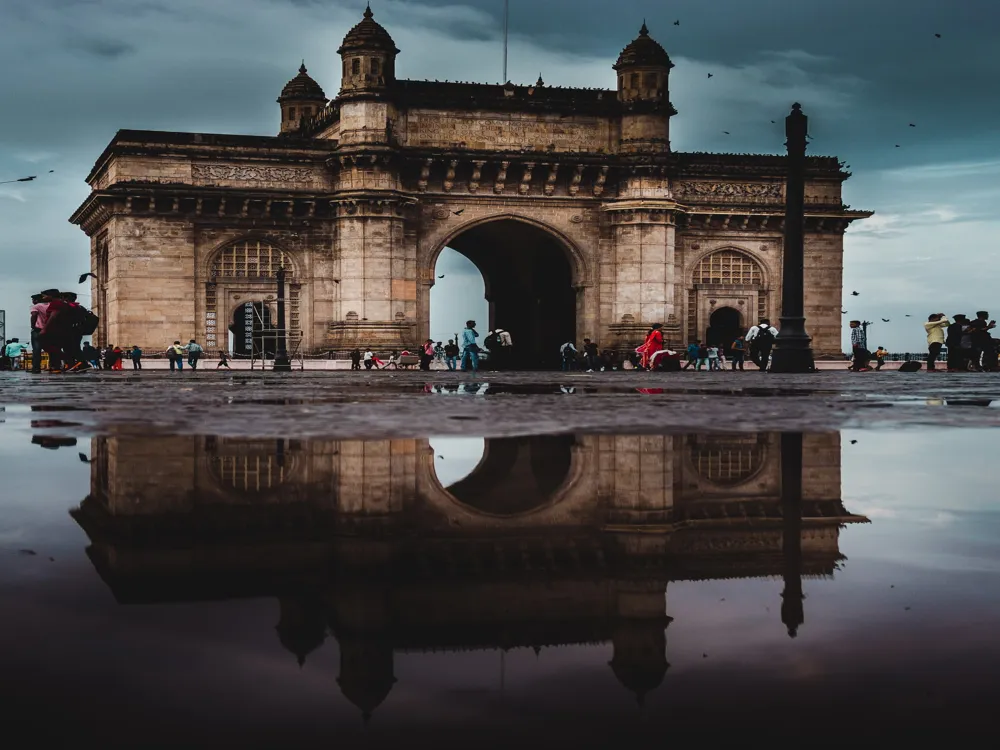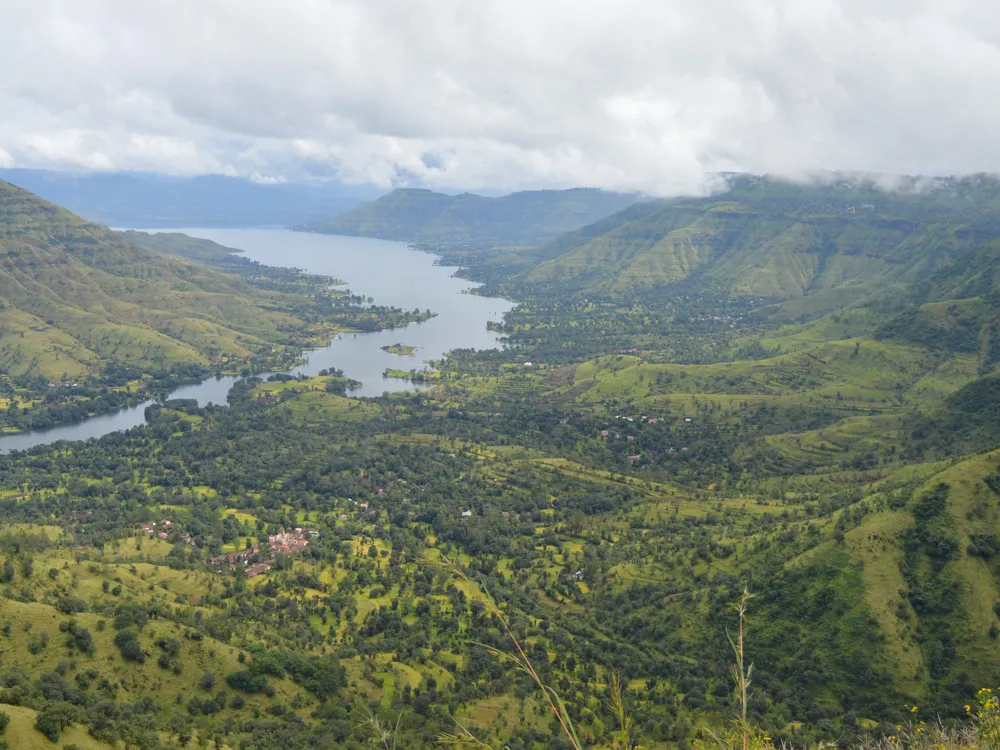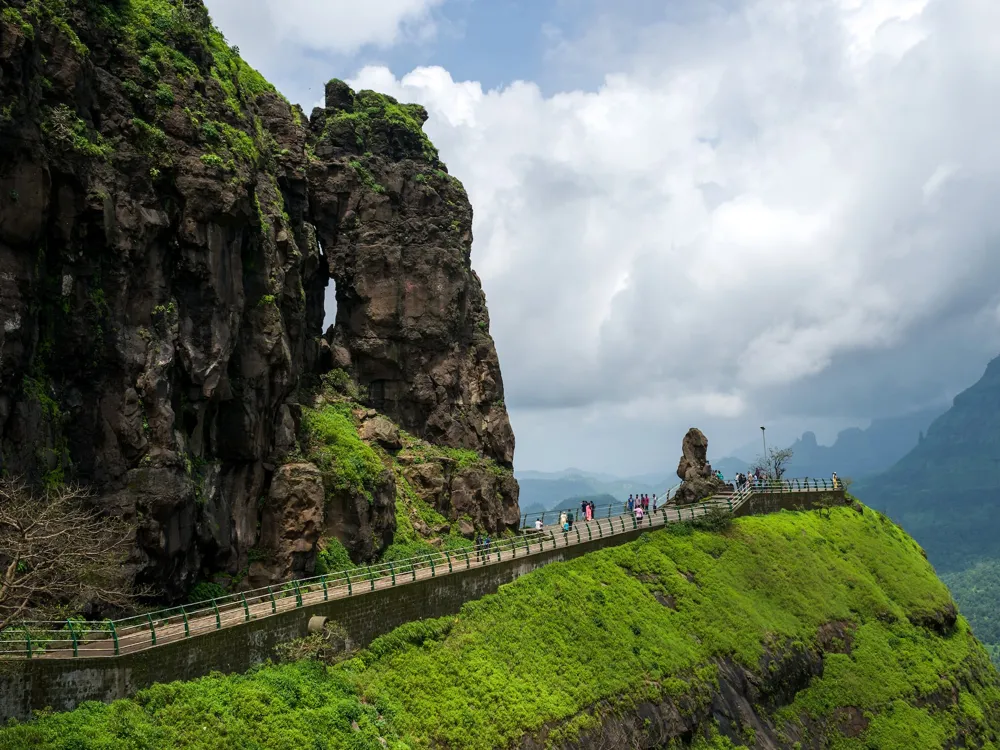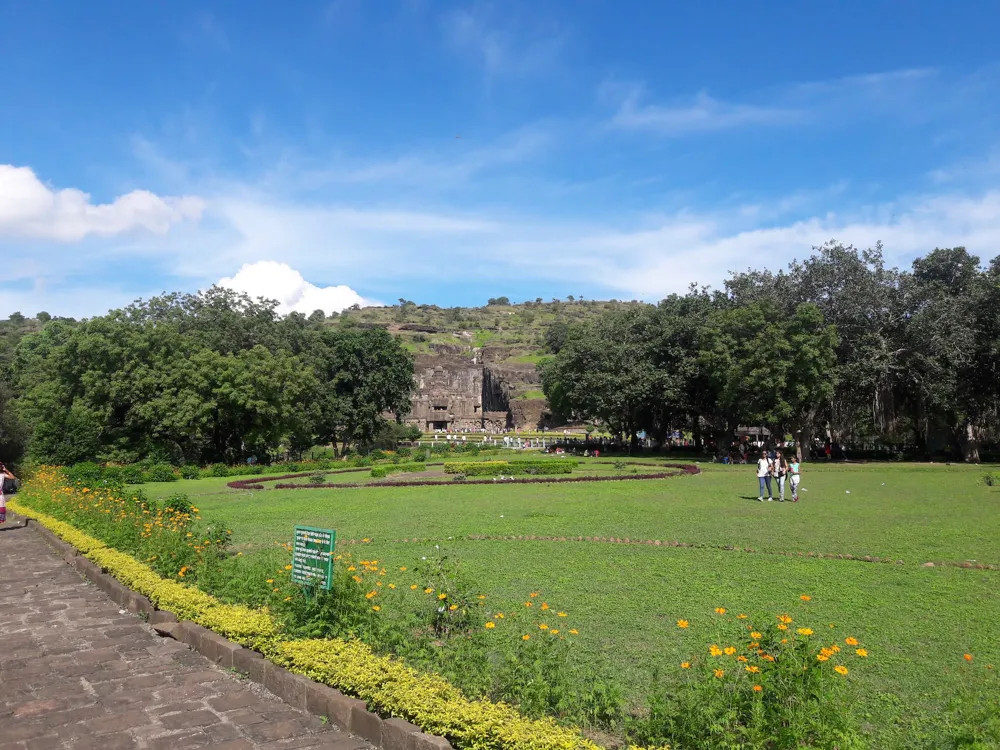The Navashya Ganapati Temple, located in the serene city of Nasik in Maharashtra, is a remarkable architectural marvel and a significant center of spirituality. This temple, dedicated to Lord Ganapati, holds a special place in the hearts of devotees and tourists alike. The deity, Lord Ganapati, known as the remover of obstacles, is worshipped here with great reverence. Nasik, a city with rich cultural and historical significance, is nestled on the banks of the Godavari River and is renowned for its religious and mythological connections. The Navashya Ganapati Temple, with its deep-rooted history, adds to the spiritual canvas of this city. The origins of the Navashya Ganapati Temple trace back several centuries, intertwining with the legends and lore of Hindu mythology. It is believed that the idol of Lord Ganapati in this temple has self-emerged, known as 'Swayambhu'. This aspect adds to the temple's mystical allure, attracting devotees from all corners of the country. Over the years, the temple has witnessed renovations and enhancements, yet it has retained its ancient charm and spiritual essence. The temple's location near the Godavari River also adds to its sanctity, as the river is considered holy in Hindu traditions. The architecture of the Navashya Ganapati Temple is a splendid example of ancient Indian temple architecture blended with local Maratha influences. The temple showcases intricate carvings, majestic domes, and beautifully sculpted pillars. As one steps into the temple complex, the first thing that captures attention is the grand entrance, which is adorned with traditional motifs and sculptures. The main sanctum, where the deity resides, is a masterpiece of craftsmanship. The idol of Lord Ganapati, carved out of a single rock, exudes a divine aura that is both captivating and serene. The temple's layout follows the classic Hindu temple architecture style, known as 'Vastu Shastra'. It is designed in a way that it aligns with the natural elements and cosmic forces, creating an environment of spiritual harmony. The intricate designs on the temple walls depict various scenes from Hindu mythology, adding to the temple's cultural significance. The use of natural stone and traditional construction techniques in the temple's design not only enhances its aesthetic appeal but also ensures its durability. The Navashya Ganapati Temple stands not just as a place of worship but as a testament to the artistic and architectural prowess of ancient India. Visitors should dress modestly, covering shoulders and knees, as a sign of respect for the temple's sanctity. The temple is open from early morning till evening. It's best to visit during non-peak hours for a more peaceful experience. It's important to follow the temple's customs, like removing shoes before entering the sanctum and maintaining silence inside the temple premises. While photography may be allowed in certain areas, it's advisable to check with temple authorities and respect any restrictions. Devotees can make offerings or donations, but it's important to do so at the designated counters to avoid scams. Reaching the Navashya Ganapati Temple is convenient due to Nasik's well-connected transport system. The city is accessible by air, rail, and road. The nearest airport is the Nasik Airport, from where one can hire a taxi or take a bus to the temple. For those preferring to travel by train, Nasik Road Railway Station is the nearest railhead, connected to major cities across India. From the railway station, local transport like auto-rickshaws and buses are readily available to reach the temple. Additionally, Nasik has an extensive road network, making it easily accessible by car or bus from neighboring cities and states. Read More:Overview of Navashya Ganapati Temple, Nasik, Maharashtra
Architecture of Navashya Ganapati Temple
Tips When Visiting Navashya Ganapati Temple
Dress Appropriately
Timing Your Visit
Cultural Etiquette
Photography Rules
Offerings and Donations
How To Reach Navashya Ganapati Temple
Navashya Ganapati Temple
Nasik
Maharashtra Goa
NaN onwards
View nasik Packages
Nasik Travel Packages
View All Packages For Nasik
Top Hotel Collections for Nasik

Private Pool

Luxury Hotels

5-Star Hotels

Pet Friendly
Top Hotels Near Nasik
Other Top Ranking Places In Nasik
View All Places To Visit In nasik
View nasik Packages
Nasik Travel Packages
View All Packages For Nasik
Top Hotel Collections for Nasik

Private Pool

Luxury Hotels

5-Star Hotels

Pet Friendly





















